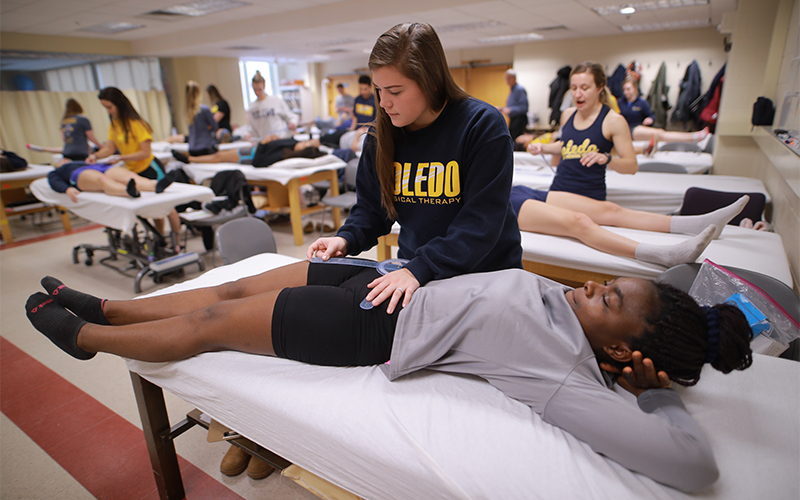Empowering Patients Via Instruction in Cardiac and Pulmonary Rehabilitation to achieve Improved Recovery plus Quality of Living.
Empowering Patients Via Instruction in Cardiac and Pulmonary Rehabilitation to achieve Improved Recovery plus Quality of Living.
Blog Article
Cardio-pulmonary rehabilitation is an important initiative designed to assist individuals recover from cardiac and lung diseases. It focuses on enhancing individuals' physical wellness, education, and overall health. Patients who participate in these initiatives often undergo enhanced recovery and a higher standard of life. By providing instruction tailored to personal needs, cardiopulmonary rehabilitation empowers individuals to take charge of their wellness and make knowledgeable decisions about their treatment and habits.
One crucial element of cardiopulmonary rehabilitation is physical activity training. Physical activity is crucial for fortifying the heart and lungs, which can turn weakened due to illness or inactivity. Individuals typically participate in supervised fitness sessions that are secure and slowly increase in difficulty. These sessions assist to build endurance and enhance overall physical capability. As patients grow more active, they often observe improvements in their vitality levels and daily tasks, such as strolling, ascending stairs, and taking part in social gatherings.
In furthermore to physical activity, instruction plays a significant part in cardiopulmonary rehabilitation. Patients this article learn about their particular ailments, therapeutic alternatives, and the significance of lifestyle changes. This education helps demystify their illnesses and reduces feelings of fear or discontent. Comprehending how their physiology function and the impacts of drugs and treatments allows patients to make better choices regarding their well-being. Awareness about subjects like diet, tobacco quitting, and stress management can lead to lasting changes that promote recovery and prevent useful reference future problems.
Another crucial aspect of rehab is psychological assistance. Living with chronic heart or lung conditions can be challenging and may lead to emotions of stress or despair. Individuals are often encouraged to share their experiences and feelings in a supportive group setting. This peer connection can be incredibly helpful, as it offers a feeling of belonging. Assistance from medical providers, family, and friends also plays a crucial role in the rehab process, aiding to create strength and drive.
Overall, the goal of cardiopulmonary rehabilitation is to improve recovery and boost quality of life for individuals. Through customized exercise programs, comprehensive instruction, and psychological assistance, patients are empowered to manage of their well-being. By proactively participating in their recovery journey, patients can undergo a renewed sense of self-assurance and autonomy. This holistic approach not only assists in bodily healing but also fosters a healthier mindset, resulting to a more satisfying life despite the challenges of coping with cardiac or pulmonary conditions.